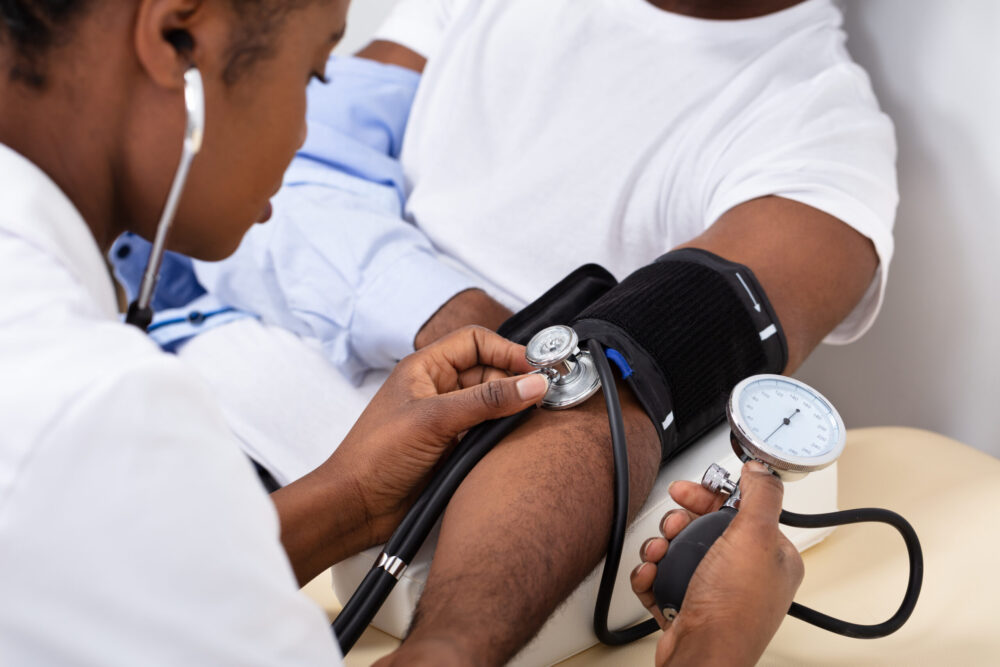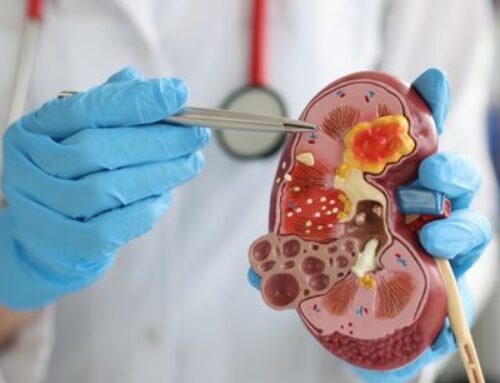
Relationship between Hypertension and Kidney Disease
Hypertension may damage blood vessels and filters in the kidney, making it difficult for the body to excrete waste. This, in turn, causes kidney failure, and later, kidney disease. Uncontrolled high blood pressure levels make arteries around the kidneys weaken, narrow, and harden. The damaged arteries are unable to transport enough blood to kidney tissue and don’t filter blood well. As such, hypertension is a major cause of kidney disease.
Treating High Blood Pressure and Minimizing The Effect On Kidneys
Blood pressure is a medical condition that is more feared than understood. What many people fail to understand is that high blood pressure can be managed without medication. Making healthy lifestyle choices for people with high blood pressure is what doctors recommend. Such changes include:
- Cutting salt intake to about one teaspoon a day
- Eating a low-fat, balanced diet that includes lots of vegetables and fresh fruits.
- Cutting down on alcohol intake
- Losing weight. Find out your ideal weight by using the BMI healthy weight calculator.
- Drinking less caffeine
- Quit smoking
Additionally, doctors may recommend certain medications to help control high blood pressure. A different combination of medicine is required for many people. For example, for people under the age of 55, an angiotensin-2 receptor or ACE inhibitor is recommended.
Understanding hypertension and kidney disease and their interaction is important to keep yourself on the safe side. Make an appointment with your doctor today for a hypertension evaluation. If you have kidney disease, it’s time to contact Richmond Nephrology Associates!




